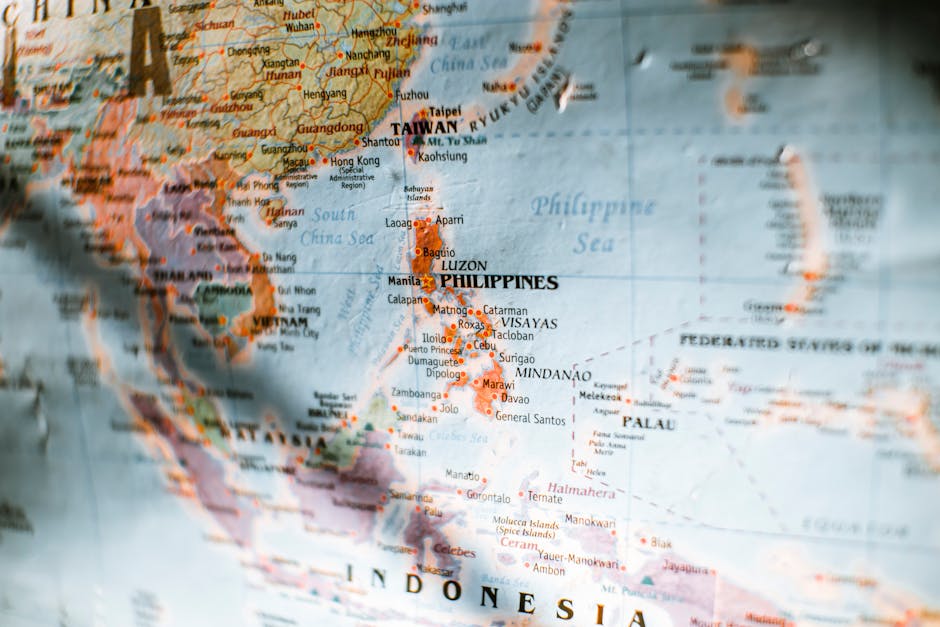**
New Delhi – In a powerful address blending policy with philosophy, Prime Minister Narendra Modi took centre stage at the G20 Summit to present a bold vision for global cooperation, rooted in India’s ancient values. Arguing for a new, human-centric paradigm for progress, he unveiled four ambitious initiatives aimed at tackling the world’s most pressing challenges.
A Human-Centric Vision for the G20
Addressing the assembled world leaders, the Prime Minister asserted that India’s G20 Presidency is an opportunity to offer a new path forward. “The challenges we face today cannot be solved with the old models,” he stated. “It is time we look towards principles of trusteeship, sustainability, and inclusivity—values that are deeply embedded in the Indian ethos—to guide our collective future.”
The Prime Minister’s proposals, dubbed the “Pillars of Progress,” are designed to be collaborative, scalable, and focused on empowering the most vulnerable nations.
The Four ‘Pillars of Progress’ Unveiled
Here’s a breakdown of the four key initiatives put on the table at the G20 Summit:
1. The Global Digital Commons Initiative
Building on the success of India’s Digital Public Infrastructure (DPI), including UPI and Aadhaar, PM Modi proposed a “Global Digital Commons.” This open-source repository would allow developing nations, particularly in the Global South, to adopt and adapt these technologies. The goal is to build their own systems for financial inclusion, social welfare, and transparent governance, ensuring technology is a tool for empowerment, not division.
2. The Green Lifestyles Alliance (GLA)
Moving the climate change conversation from boardroom targets to grassroots action, this initiative focuses on sustainable consumption. The GLA aims to create a global network to promote traditional, eco-friendly practices. Citing India’s Mission LiFE (Lifestyle for Environment), the Prime Minister urged nations to champion conscious consumption, arguing that a true respect for nature—a core Indian value—is the only sustainable path forward.
3. The “One Earth, One Health” Framework
Drawing lessons from the COVID-19 pandemic, this proposal calls for an integrated, holistic approach to global health security. The framework seeks to create a global system that synergises modern medicine with traditional wellness systems like Ayurveda and Yoga. The objective is to build resilient healthcare infrastructures focused on promoting holistic well-being and preparing the world for future health crises.
4. The Global Talent Mobility Pact
Addressing the need for a skilled and agile global workforce, the final initiative proposes a pact to streamline the recognition of skills and qualifications across borders. This would create a seamless ecosystem for talent to move where it is most needed, benefiting both developed economies facing skill shortages and developing nations with a demographic dividend.
From Policy to Philosophy: ‘The World Is One Family’
The Prime Minister concluded his address by linking these proposals to the ancient Indian concept of Vasudhaiva Kutumbakam—the world is one family. He stressed that these initiatives are not merely policies, but an invitation for the world to embrace a more collaborative and compassionate model of governance.
As G20 leaders deliberate on these forward-thinking proposals, the message from New Delhi is clear: India is actively setting the agenda, offering concrete solutions and a philosophical framework to build a more equitable and sustainable world.




